Description
Lynn Johnson – The Food and Lifestyle Connection to Mental Illness: New Insights, New Interventions
- Faculty:
- Lynn Johnson
- Duration:
- 5 Hours 35 Minutes
- Format:
- Audio and Video
- Copyright:
- Jun 16, 2017
Description
You may be missing something; and the research proves it!
A new way of looking at mental illness is emerging. Instead of thinking of emotional disorders as a brain disorder, we now know they are body-and-brain. The rising rates of mental illness may be partly explained by society’s shift to fast and convenience foods, and research is showing how much nutrition, and ultimately inflammation, affects our emotional health. The effect is so strong that many researchers now look at depression primarily as an inflammatory illness. Anxiety, ADHD, and autism all show clear evidence that food plays a key role.
This course explains the research behind nutrition and mental health and equips you with the practical tools and interventions to apply immediately to improve the overall health of your client.
Handouts
| Manual – The Food and Lifestyle Connection to Mental Illness (5.63 MB) | 85 Pages | Available after Purchase |
| Handout 1 – The Food and Lifestyle Connection to Mental Illness (0.08 MB) | Available after Purchase | |
| Handout 2 – The Food and Lifestyle Connection to Mental Illness (0.04 MB) | Available after Purchase | |
| Handout 3 – The Food and Lifestyle Connection to Mental Illness (0.07 MB) | Available after Purchase | |
| Handout 4 – The Food and Lifestyle Connection to Mental Illness (0.06 MB) | Available after Purchase | |
| Handout 5 – The Food and Lifestyle Connection to Mental Illness (0.03 MB) | Available after Purchase | |
| Handout 6 – The Food and Lifestyle Connection to Mental Illness (0.06 MB) | Available after Purchase | |
| Handout 7 – The Food and Lifestyle Connection to Mental Illness (0.04 MB) | Available after Purchase | |
| Handout 8 – The Food and Lifestyle Connection to Mental Illness (0.03 MB) | Available after Purchase | |
| Handout 9 – The Food and Lifestyle Connection to Mental Illness (0.07 MB) | Available after Purchase | |
| Handout 10 – The Food and Lifestyle Connection to Mental Illness (0.06 MB) | Available after Purchase | |
| Handout 11 – The Food and Lifestyle Connection to Mental Illness (0.04 MB) | Available after Purchase | |
| Handout 12 – The Food and Lifestyle Connection to Mental Illness (0.06 MB) | Available after Purchase | |
| Handout 13 – The Food and Lifestyle Connection to Mental Illness (0.04 MB) | Available after Purchase | |
| Handout 14 – The Food and Lifestyle Connection to Mental Illness (0.03 MB) | Available after Purchase | |
| Handout 15 – The Food and Lifestyle Connection to Mental Illness (0.02 MB) | Available after Purchase |
Outline
ASSESSMENTS
- What is right about psychotherapy
- Where psychotherapy may be failing
- Client status
- Simple ways to improve outcomes
- If-then intentional statements and therapeutic success
INFLAMMATION AND MENTAL HEALTH
- Germs, genes, and grief: inflammation and depression
- The vital role of pro-inflammatory and anti-inflammatory factors in mental health
- Is cleanliness next to craziness?
- Weight, inflammation, and depression
- Childhood trauma and lifetime inflammation risks
- How this information changes diagnosis; what alternatives exist for the DSM-5®
LIFESTYLES OF THE HEALTHY AND HAPPY: THERAPEUTIC LIFESTYLE INTERVENTIONS
- Food as a therapeutic intervention
- Diets that heal: Mediterranean, DASH, and MIND diets
- The quasi-vegetarian diet: It is the optimal eating plan?
- Vegan pros and cons
- What is the microbiome and how can it change your client’s emotional life
- How these diets reduce dementia
- How counselors can appropriately coach eating patterns that support mental health within their
- scope of practice
- How a change of diet actually helps
- Physical activity
- What the research says and what you can actually do
- How mental health professionals can improve the impact of physical activity
- How to get more activity benefit in less time
- Time in nature as a therapeutic intervention
- Social connection as therapy
- Promoting purpose and meaning
- Meditation and inflammation: practical skills for success
- Love as anti-inflammatory and as micro attunements
- How happiness reduces inflammation and promotes healthy lifestyles
COMPLIANCE TECHNIQUES: THE KEY TO SUCCESS
- How can we effectively coach clients towards resiliency?
- Contrast problem talk and change talk
- New tools for self-motivation: If-then intentional planning
- Self-definitions and motivation
- Prediction tasks and adherence
- Family therapy as a compliance tool
Faculty
Lynn Johnson, PhD, Related seminars and products: 2
Lynn Johnson, PhD, has 30 years of experience as a psychologist and is currently licensed in the state of Utah. He is the director of the Brief Therapy Center of Utah and teaches graduate classes at the University of Utah. Dr. Johnson’s graduate training was at the University of Utah where he received his MS and PhD. He studied with Milton H. Erickson, MD, and was supervised by John Weakland and Ernst Beier. His book on Positive Psychology, Enjoy Life! Healing Through Happiness, brings the latest information on Positive Psychology and has been praised by patients and therapists alike. He organized the Brief Therapy Center in Salt Lake City in the early 1980s and wrote about his work in his 1995 book, Psychotherapy in the Age of Accountability. He has written four additional books, including a book on transforming anger into respectful collaboration, Get on the Peace Train. He also has written 20 professional articles and has trained counselors and therapists in 49 states and five foreign countries.
Speaker Disclosures:
Financial: Lynn Johnson maintains a private practice. He receives a speaking honorarium from PESI, Inc.
Non-financial: Lynn Johnson is a member of the American Psychological Association; and the Utah Psychological Association.
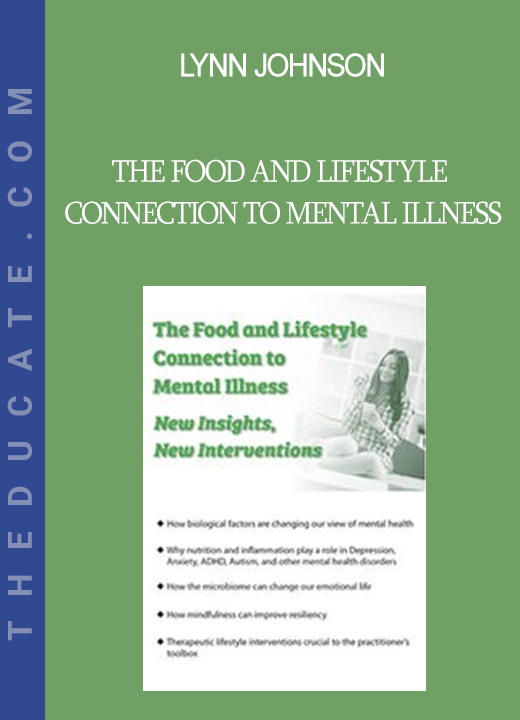
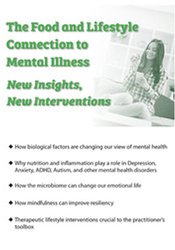

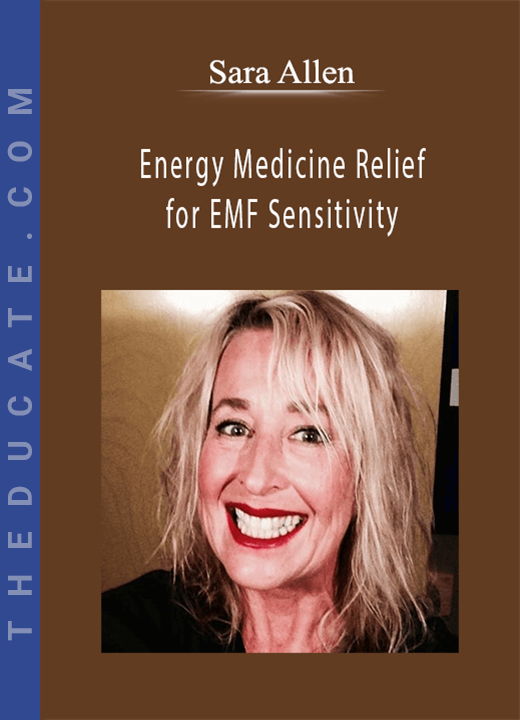
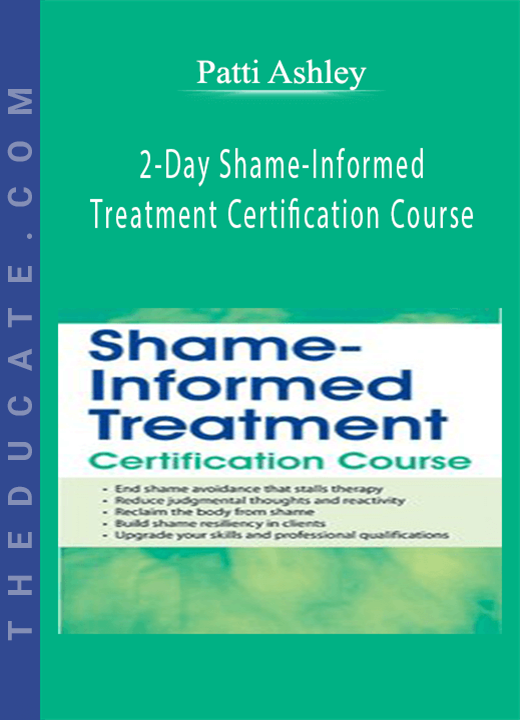
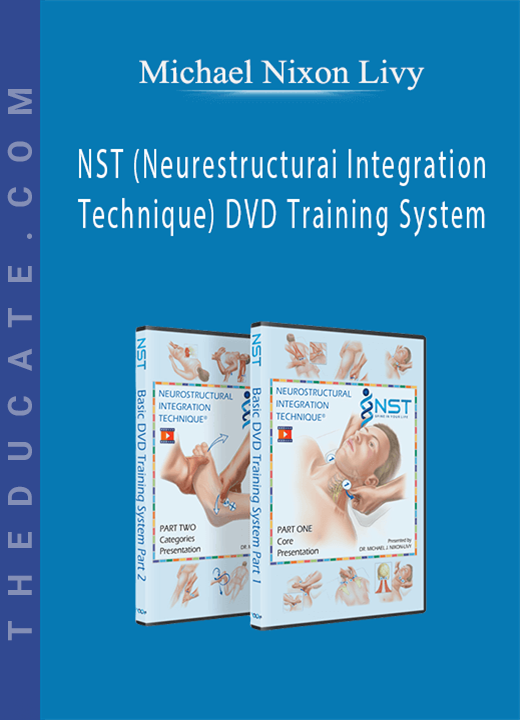
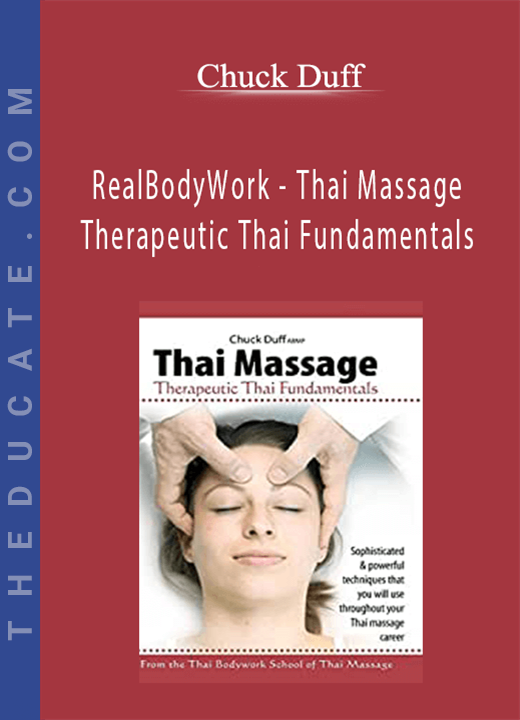
Reviews
There are no reviews yet.